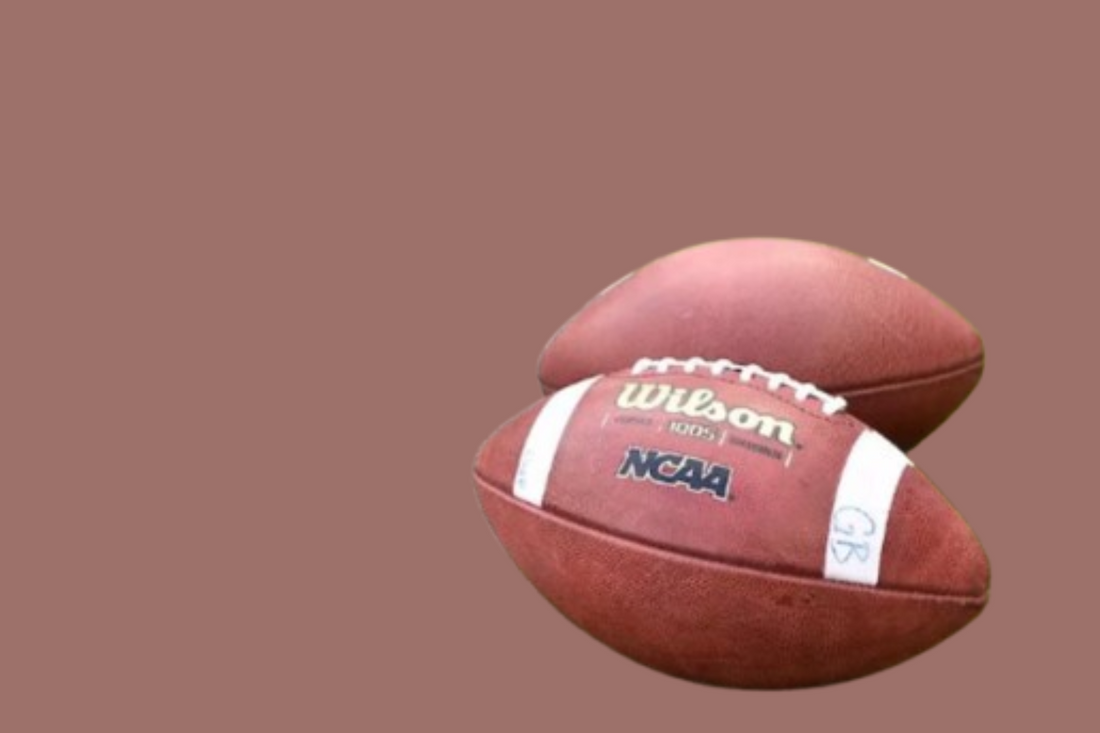As the name suggests, Name, Image, and Likeness (NIL) is all about an athlete's personal brand. The NCAA's recent ruling allowing college athletes to profit from their NIL is a significant breakthrough as it allows athletes to monetize their fame and popularity. However, there are still some limitations and restrictions on what athletes can do with their NIL.
First and foremost, college athletes cannot use their NIL to promote any illegal or prohibited activities. This includes promoting or endorsing drugs, alcohol, tobacco products, or any other illegal activity. Additionally, athletes cannot use their NIL to promote any political or religious organizations or causes, as this can cause controversy and potentially harm the athlete's reputation and their team's reputation.
Another limitation is that athletes cannot use their NIL to gain an unfair competitive advantage. This means that athletes cannot use their NIL to promote or endorse products or services that their competitors do not have access to. For example, an athlete cannot promote a specific brand of sports equipment that is not available to their competitors.
Furthermore, athletes cannot use their NIL to promote any products or services that conflict with their team's existing sponsorships or partnerships. Doing so can create legal issues and may result in the athlete being in breach of their contract with their team. For example, if a college athlete is part of a team sponsored by Nike, they cannot promote a competing brand of sports equipment.
There are also limitations on the use of team logos and trademarks in conjunction with an athlete's NIL. While athletes can use their own name, image, and likeness to promote themselves and their personal brands, they cannot use their team's logos or trademarks without permission. This means that athletes cannot use their team's logos or trademarks in any promotional materials or advertisements without first obtaining permission from their team.
Additionally, athletes cannot use their NIL to promote any products or services that violate NCAA rules or regulations. This includes products or services that are banned by the NCAA, such as sports betting or gambling. Athletes who violate these rules can face severe penalties, including suspension or even expulsion from their team or the NCAA.
It is also important to note that while college athletes can profit from their NIL, they cannot receive any additional compensation beyond what is allowed by the NCAA. This means that athletes cannot receive any extra benefits or perks beyond what is allowed by their scholarship. For example, athletes cannot receive additional compensation for attending autograph signings or other promotional events.
Furthermore, athletes must also be careful not to violate any existing contracts or agreements. For example, if an athlete is already under contract with a particular brand or company, they cannot promote or endorse a competing brand or company without breaching their existing contract. Similarly, athletes cannot use their NIL to promote or endorse any products or services that are in direct competition with their existing sponsors or partners.
Overall, while the NCAA's ruling on NIL is a significant step forward for college athletes, there are still some limitations and restrictions on what athletes can do with their NIL. It is important for athletes to approach NIL contracts with caution and carefully review all aspects before signing. The contract should clearly outline the parties involved, the deliverables, the fulfillment date, deal term, payment structure, and any additional compensation. It is also important to consider the reputation of the company or organization and have an experienced sports attorney or contract attorney review the contract before signing. The contract should also include a provision for renegotiation or termination if necessary. By being mindful of these limitations, athletes can effectively monetize their NIL while still maintaining their integrity and upholding their obligations to their team and the NCAA.



































































